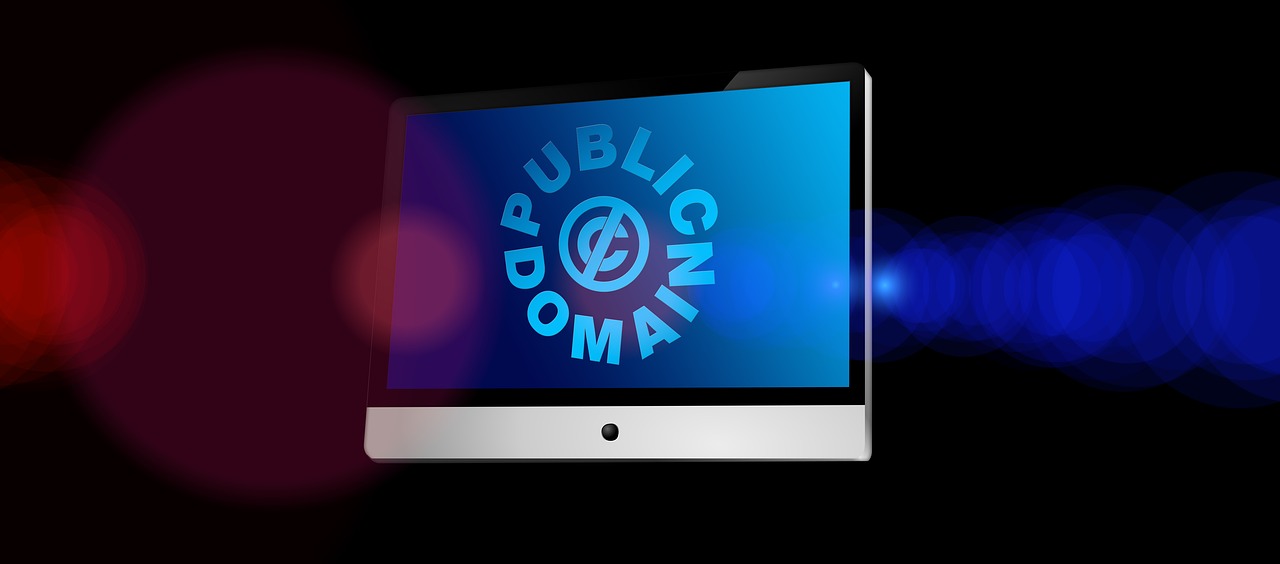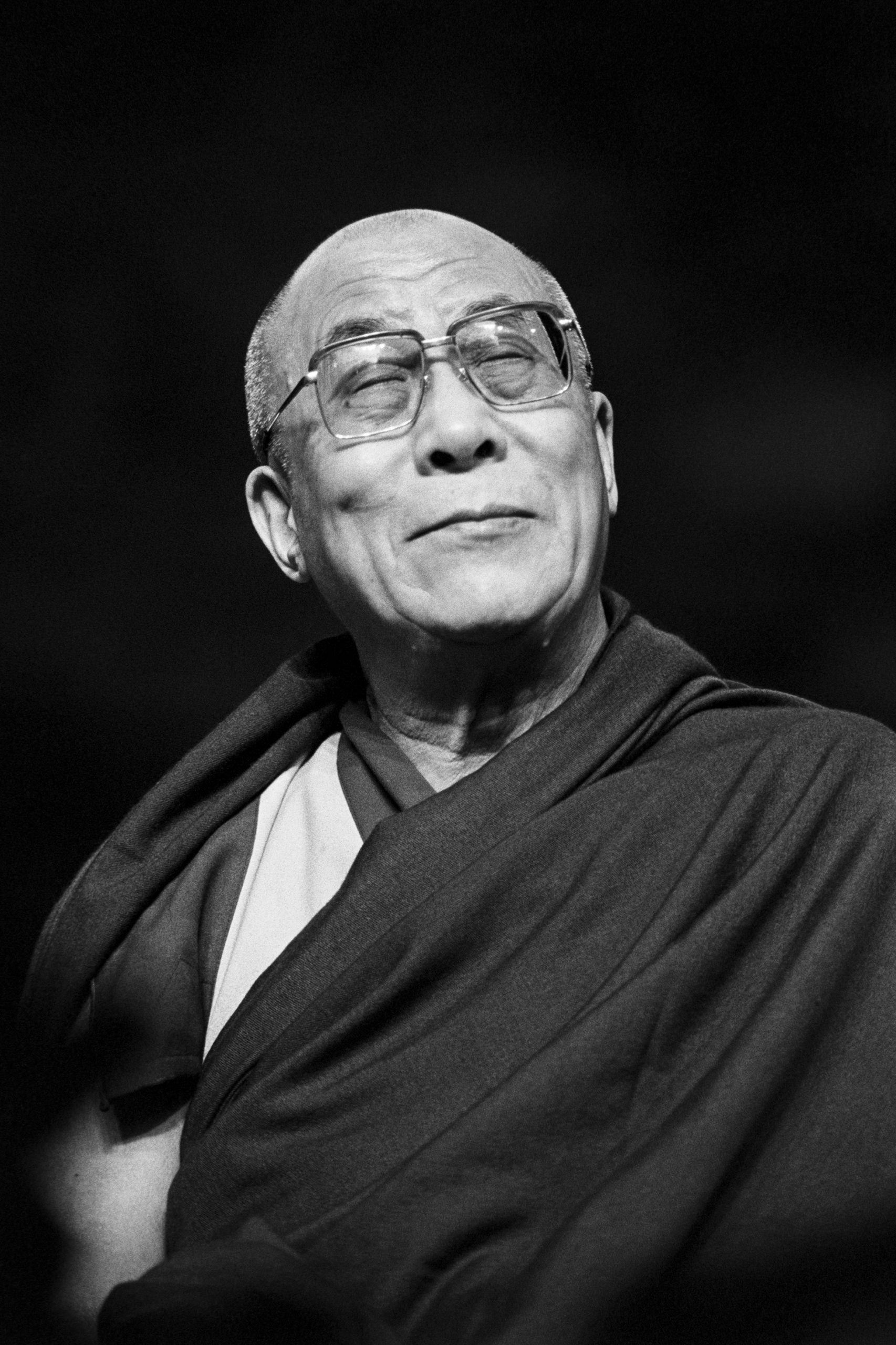Small Business Owners Pay Unfair Copyright Claims for Millions of Dollars Every Month
In the last couple of years, companies have formed solely to scour the internet for unauthorized uses of copyrighted works. It is a booming business especially with the proliferation of major social media platforms such as Facebook, Instagram and...

In the last couple of years, companies have formed solely to scour the internet for unauthorized uses of copyrighted works. It is a booming business especially with the proliferation of major social media platforms such as Facebook, Instagram and Tik Tok.
However, this booming industry also has a dark side. Even though there are no official numbers, it’s estimated that up to 50% of all infringement cases are not taking into consideration the so called ‘fair use’ defense. In other cases, the companies sending out copyright infringement letters threaten small business owners to pay thousands of dollars for images that actually belong to the Public Domain.
A new and free service named Fairplay in Photos, www.fairplayinphotos.com, is now launched to help the thousands of business owners and freelancers, who are at risk of paying these unfair copyright claims.
3 Billion Images are Shared Online Every Day, and 85% of Them are ‘Stolen’
Companies such as Getty Images, Shutterstock, Pixsy, Copypants and others use algorithms to search the internet for the images in their databases. When they find a case, where they claim that an unauthorized use has happened, the companies threaten small business owners of litigation and demand a compensation of damages for thousands of dollars.
According to the US Copyright Office the average infringement claim vary from 750 – 30,000 USD plus attorney’s fees, but in especially egregious cases of willful infringement, courts may award up to $150,000.
According to the United States Sentencing Commission, the fiscal year 2021 saw more than 100,000 copyright infringement cases. A number that just keeps on rising.
This dramatic development has caused serial entrepreneur and co-founder of image platform JumpStory, Jonathan Low, to take action.
He has launched the free service ‘Fairplay in Photos’, www.fairplayinphotos.com, to help out small business owners, when they are approached by industry giants and asked to pay thousands of dollars due to alleged copyright violations.
The new service is totally free, and you don’t have to be a JumpStory customer in order to use it.
“There is no one out there helping out the stock photo users or buyers apart from very expensive lawyers.
Every year the stock photo industry turns over more than $5 billion, so it’s also become big business to send out copyright infringements e-mails to companies. In most cases the small companies can’t afford a lawyer, so they get scared and decide to pay – even if the claim might not be fair”, Low explains.
No One Is Helping Out the Small Companies
Jonathan Low makes it very clear that he of course doesn’t support image theft, and being the founder of JumpStory – an authentic alternative to big stock photo companies like Shutterstock and Getty Images, he is only interested in customers respecting the copyright laws and restrictions.
However, as part of building the company, Low and his support team have also experienced the problem first hand, because desperate people write to their support to get help, when they receive big infringement claims.
Low also underlines that he has never had the problem with photos downloaded using JumpStory, but desperate customers still contact the company to get help. Something he used to have to decline because of lack of time, but now has decided to make a priority – even though the claims have got nothing to do with his own business.
“I don’t like the current culture, where major stock photo companies threaten small entrepreneurs to pay fines for images that were CC0 and did not even belong to these stock photo providers. What I have seen numerous times is stock photo platforms uploading CC0-images to their websites and then afterwards suing companies to use these images, even though they didn’t actually belong to the stock photo platforms”, Low explains.
CC0 is a license term (Creative Commons 0) that describes an image, where the creator of the work (e.g. a photo) has decided to relinquish all copyright and similar rights and dedicated those rights to the public domain.
“I love the spirit of CC0. There are amazing amateurs out there creating amazing photos and videos that may be hard to find, but are worth curating and making available to the public. When stock photo companies use this public domain content to increase their revenue in an unfair way, it really upsets me.”

 Fransebas
Fransebas 































